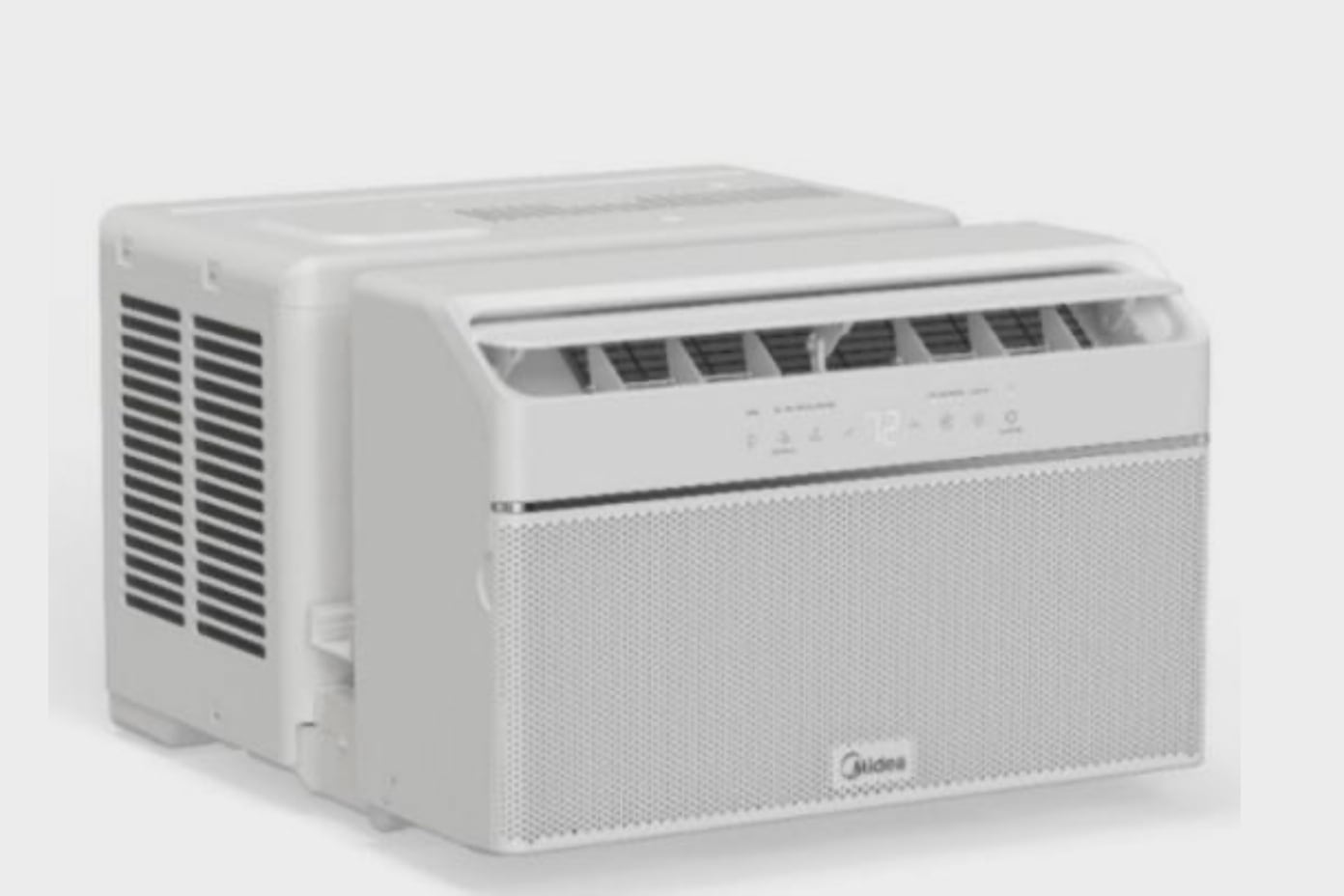Canopy Growth surged 16 percent on Friday after impressing analysts and investors with its latest round of earnings. It marked a new phase for the cannabis giant, whose new CEO, Constellation veteran David Klein, led earnings for the first time.
Canopy beat analyst expectations on top and bottom lines, reporting third-quarter revenue of $93.5 million (C$124 million) versus the $79.2 million (C$105 million) in revenue expected, reported an EBITDA loss of $71.7 million (C$95 million), down about 23 percent year over year, beating analyst estimates of $83 million (C$110 million) in losses. Canopy also reported gross margins of 34 percent, putting it well on its way to achieving the 40 percent margins Canopy has long promised.
About five months after Canopy Growth ($CGC) ousted high profile CEO and co-founder Bruce Linton, Klein, formerly the CFO of Constellation ($STZ) and a Canopy board member, replaced him in December. He was just the latest appointee from the alcohol giant that owns about 35 percent of Canopy Growth. On a call with investors after the earnings report, Klein said he would unveil a detailed strategy forward during the fourth quarter report, and said he was "already taking actions that will keep us in the leadership position of the cannabis industry."
Analysts seemed to agree. Cowen's Vivien Azer wrote in a note on Friday that "with a much cleaner earnings release, we can already see the benefits of new leadership bringing financial discipline to the company."
On a call with investors after the earnings report, Canopy's new leadership team also went into detail about a few issues concerning investors, including cash flow. A report published by Ello Capital earlier in the week that claimed Canadian cannabis giants like Canopy had on median less than six months worth of cash on-hand to survive. The report had estimated Canopy Growth only had enough cash to last another close-to-eight months.
"First of all, we are not going to run out of cash, and we have a lot of levers to pull in that regard," Klein said. "Clearly we have to do a better job managing inventory and overall working capital. We have to slow our capex spend. We will pull back on the M&A activity that the business has been doing, and we need to do a better job with our P&L, so literally we need to work across every line item."
Executives also discussed Canopy's Cannabis 2.0 product offerings, attempting to alleviate investor concerns over delays announced in mid-December that postponed a rollout of a suite of cannabis infused beverages. At the time of the delay, Klein had said the company was "working through the final details" and chose to revise the launch date "in order to deliver products that meet our customer's high standards." On Friday, he offered a loose update on the expected launch, saying the company would "take the next few months to get it right."
Despite ongoing delays, Klein was bullish about the forthcoming beverages, calling them "truly disruptive" and comparing their potential impact to that of alcoholic seltzers.
"We believe it will do more to attract new consumers than any other product format in our industry, creating new consumption occasions and a whole new industry. Just think about how big hard seltzers in the U.S. became in just three years," he said.
Companies like Constellation and Canopy have continued to pour money into infused cannabis beverages, legalized in Canada as part of cannabis 2.0 in October 2019. But in more mature legal markets, like Colorado, Nevada, and Washington these beverages haven't proven especially popular, commanding less than 2 percent of sales at peak market share, according to an August report from Headset.
Canopy Growth stock has fallen more than 50 percent in the last 12 months on the back of a slower than expected rollout for adult-use cannabis in Canada that precipitated a market rout for the better part of 2019. Shares of the cannabis giant are up close to 7 percent year-to-date.













